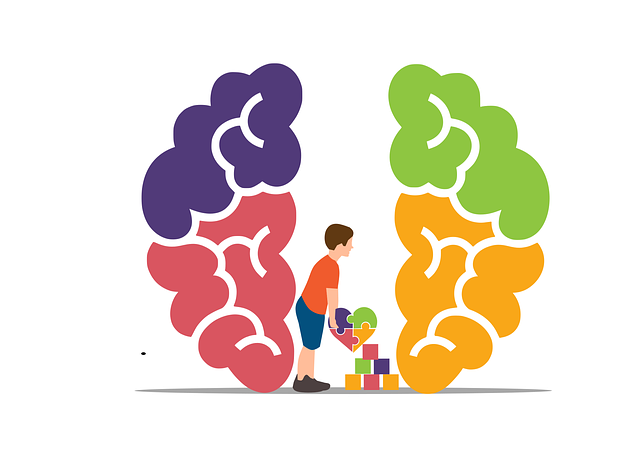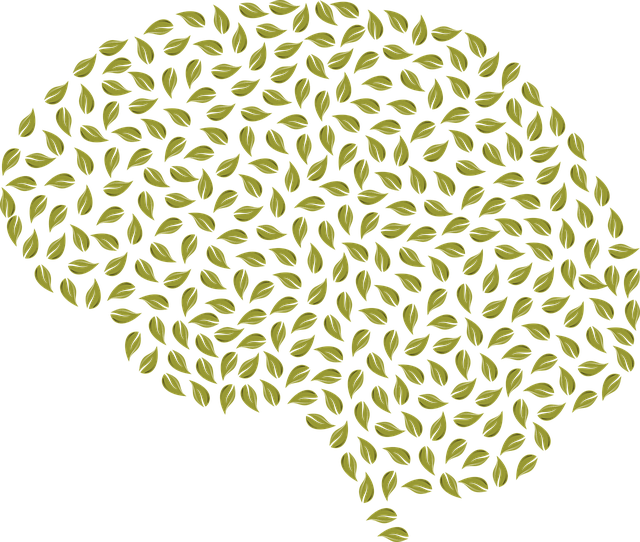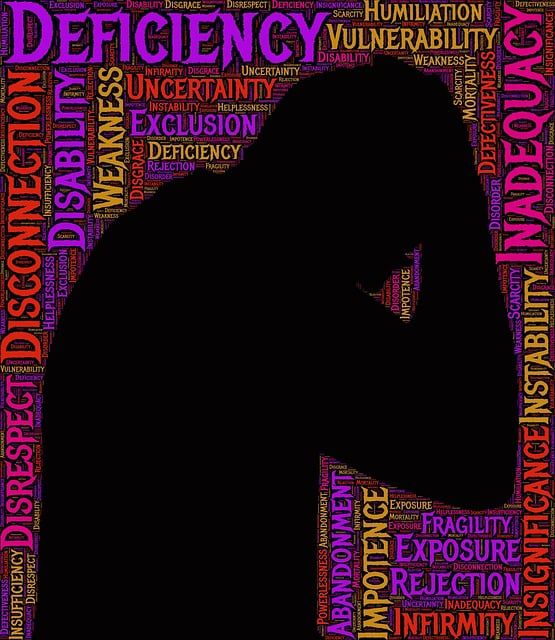Evaluating Colorado Springs Developmental Disability Therapy (CSDDT) involves both quantitative and qualitative methods. Structured interviews and questionnaires track symptoms, functioning, and quality of life improvements, while focus groups provide deeper insights into areas needing attention, such as trauma support, burnout prevention, or self-care practices. Long-term impact assessment includes tracking participants' progress in stress management, mindfulness, and anxiety relief using robust tools and regular check-ins, ensuring CSDDT programs remain evidence-based and tailored to the unique needs of individuals with developmental disabilities and their families.
In Colorado Springs, evaluating mental wellness programs is crucial for ensuring their effectiveness. This article explores comprehensive assessment methods for Colorado Springs Developmental Disability Therapy (CSDDT) programs, delving into tools and techniques that gauge program success. We present insights from participant and caregiver feedback, highlighting the voices of those directly involved in CSDDT initiatives. Additionally, we discuss measuring long-term impact, emphasizing tracking progress to foster continuous improvement in mental wellness support within the community.
- Assessing Program Effectiveness: Tools and Techniques for Colorado Springs Developmental Disability Therapy
- Participant and Caregiver Feedback: Voices from the Frontlines of Mental Wellness Programs
- Measuring Long-Term Impact: Tracking Progress and Success in Colorado Springs Developmental Disability Therapy Programs
Assessing Program Effectiveness: Tools and Techniques for Colorado Springs Developmental Disability Therapy

Evaluating the effectiveness of a mental wellness program is paramount to understanding its impact and making data-driven improvements. For Colorado Springs Developmental Disability Therapy (CSDDT) programs, various tools and techniques can be employed to assess their efficacy. One method involves utilizing structured interviews and questionnaires tailored to measure changes in symptoms, functioning, and quality of life among participants before and after therapy. These assessments provide quantitative data on the program’s overall success.
Additionally, qualitative methods such as focus groups and individual interviews with clients and therapists offer deeper insights. Participants can share their experiences, perceptions of change, and suggestions for improvement, while therapists can discuss challenges faced and effective practices implemented. Integrating feedback from both clients and care providers allows CSDDT to identify areas needing attention, be it enhancing Trauma Support Services, promoting Burnout Prevention strategies, or incorporating new Self-Care Practices to better serve individuals with developmental disabilities.
Participant and Caregiver Feedback: Voices from the Frontlines of Mental Wellness Programs

Participant and Caregiver feedback play a pivotal role in evaluating the effectiveness of mental wellness programs, especially those designed for individuals with developmental disabilities in Colorado Springs. These insights offer a direct line to the frontlines of therapy, revealing what works, what needs adjustment, and the overall impact on participants’ lives. By collecting feedback from both clients and their caregivers, professionals gain valuable knowledge about the program’s strengths and areas for improvement.
This dynamic exchange allows for a more nuanced understanding of the therapeutic journey. Participants can share their experiences, including improvements in self-esteem and resilience building, while caregivers provide insights into risk management planning and how the program has supported their loved ones’ mental health. This collaborative approach ensures that Colorado Springs Developmental Disability Therapy programs are not only evidence-based but also responsive to the unique needs of each individual and family system.
Measuring Long-Term Impact: Tracking Progress and Success in Colorado Springs Developmental Disability Therapy Programs

Evaluating the long-term impact of Colorado Springs Developmental Disability Therapy programs is a multifaceted process that goes beyond initial treatment outcomes. It involves tracking participants’ progress in various domains, including their ability to manage stress, practice mindfulness meditation, and seek anxiety relief. By employing robust assessment tools and regular check-ins, therapists can gauge how well the program’s interventions have translated into lasting changes in daily functioning.
This long-term evaluation is crucial for understanding the efficacy of Colorado Springs Developmental Disability Therapy. It helps identify areas where programs excel and those that may need refinement. Moreover, it provides insights into the factors contributing to successful outcomes, enabling therapists to tailor their approaches more effectively and ensure better quality care for individuals navigating developmental disabilities in a supportive environment.
The evaluation of mental wellness programs, particularly those focused on developmental disabilities like those offered through Colorado Springs Developmental Disability Therapy, is a multifaceted approach. By combining assessment tools that measure effectiveness, participant and caregiver feedback, and long-term impact tracking, we gain a comprehensive understanding of program success. These methods ensure that services are tailored to meet the unique needs of individuals with developmental disabilities, fostering not just immediate improvements but also lasting positive outcomes in Colorado Springs and beyond.












